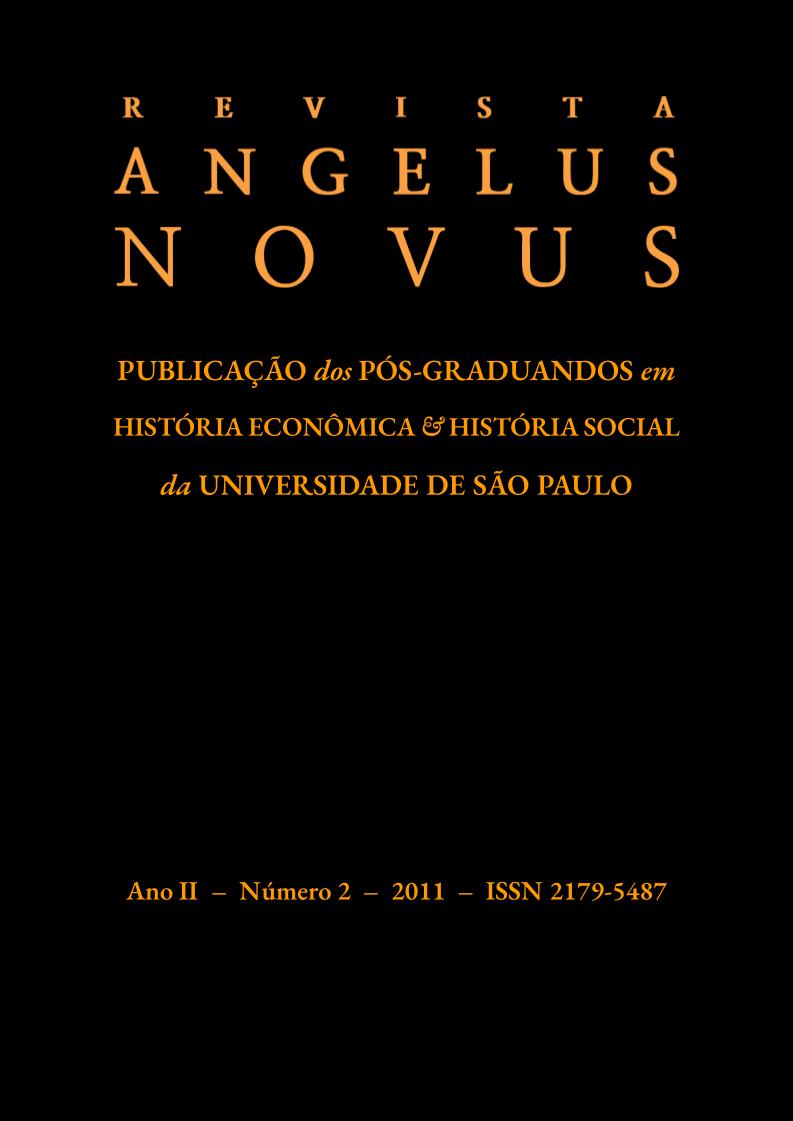Reflections on Portuguese humanism at the dawn of the confessional era
DOI:
https://doi.org/10.11606/ran.v0i2.88842Keywords:
Humanism, Portugal, Confessionalization, Literary, EmpiricalAbstract
This article seeks to understand the discussed “closing” of the Lusitanian cultural life, experienced at the end of the reign of John III, from an analysis of the concept of “confessionalization process”. Initially, it seeks to characterize the environment experienced by the Portuguese humanism during and especially in the last years of the reign of the Portuguese monarch. Then it accompanies the formation of the concept of “confessionalization process” and offers some critiques that are intended to operationalize it for the study of Portuguese phenomenon. Finally, it seeks to highlight the main features of Portuguese humanism at the beginning of the “confessional age”, from the second half of the sixteenth century, in a critical discussion with a certain bias of Portuguese historiography that posits a radical split between a “literary” strand and a “technical-empirical” one in the bosom of Portuguese humanism.Downloads
Download data is not yet available.
Downloads
Published
2011-07-24
Issue
Section
Artigos
License
Copyright (c) 2014 Angelus Novus (São Paulo)

This work is licensed under a Creative Commons Attribution-NonCommercial 4.0 International License.
1. Proposta de Política para Periódicos de Acesso Livre
Autores que publicam nesta revista concordam com os seguintes termos:
- Autores mantém os direitos autorais e concedem à revista o direito de primeira publicação, com o trabalho simultaneamente licenciado sob a Creative Commons Attribution License que permitindo o compartilhamento do trabalho com reconhecimento da autoria do trabalho e publicação inicial nesta revista.
- Autores têm autorização para assumir contratos adicionais separadamente, para distribuição não-exclusiva da versão do trabalho publicada nesta revista (ex.: publicar em repositório institucional ou como capítulo de livro), com reconhecimento de autoria e publicação inicial nesta revista.
- Autores têm permissão e são estimulados a publicar e distribuir seu trabalho online (ex.: em repositórios institucionais ou na sua página pessoal) a qualquer ponto antes ou durante o processo editorial, já que isso pode gerar alterações produtivas, bem como aumentar o impacto e a citação do trabalho publicado (Veja O Efeito do Acesso Livre).
How to Cite
Rodrigues, R. L. (2011). Reflections on Portuguese humanism at the dawn of the confessional era. Revista Angelus Novus, 2, 51-80. https://doi.org/10.11606/ran.v0i2.88842






